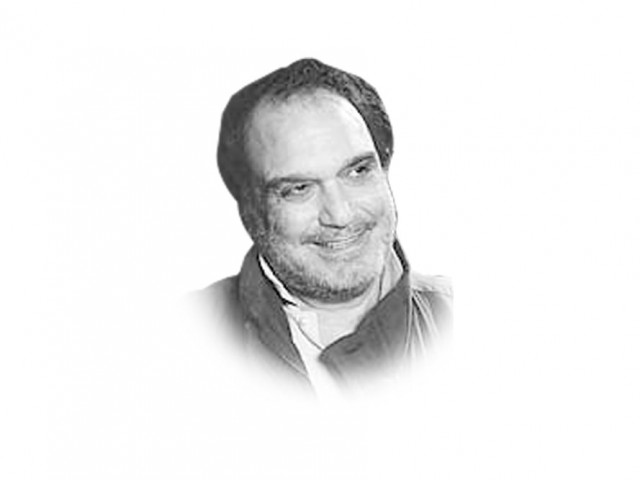Madani-Iqbal debate over pluralism
Should the state be named after its majority population — Islam and Hindutva — or should it be pluralist.

Barbara Metcalfe discusses an interesting argument that developed between Madani and philosopher Allama Iqbal over the nature of the state. The paper appears in Islamic Legitimacy in a Plural Asia: Edited by Anthony Reid and Michael Gilsenan (Routledge 2007). Madani was principle of the Darul Ulum at Deoband in India, from 1927 until his death in 1957. Allama Iqbal was to be the ‘philosopher of the Pakistani state’ after 1947, although he died much earlier, in 1938.
Madani’s most famous debate was with Iqbal in the late 1930s, unfolding in North Indian Urdu-language newspapers. Madani’s position throughout was to insist on the Islamic legitimacy of embracing a culturally plural, secular democracy as the best and the only realistic future for India’s Muslims. The cleric sided with the Indian Nationalist Congress; the Cambridge- and Munich-educated lawyer Iqbal insisted on a religiously defined, homogeneous Muslim society (p.86).
Madani insisted that his vision of a religiously plural society not only strategically best served Muslim interests, but that it also had clear Quranic sanction. In December 1937, at a political meeting in Delhi, Maulana Madani made a straightforward statement, “in the current age, nations (qaumain) are based on territory (autaan), not religion (mazhab)” (p.87). Iqbal answered with a versified attack that suggested that Maulana Madani, who held the highest training in the classical Arabic disciplines, was principle of the most respected seminary in India and a scholar with fluent spoken Arabic, did not know Arabic and was ‘singing’ out heresy from a ‘pulpit’.
Madani wrote a scholarly tract to prove his point. Iqbal had two grounds by which he justified this approach. The first, rather playful, was to cloak his modernism in the charisma of the holy man, deploying verses to present himself as nothing less than the wandering holy man, the qalandar, who, he wrote, knows only two words of Arabic — but those are la ilaha, ‘no other gods’. He implied that he had attained absolute knowledge of the One. Madani may have a vast Arabic vocabulary but he really knew nothing.
Today it will look odd that Madani defended the nation-state, the most fundamental premise of modem political life; and Iqbal was both pre-modern and post-modern in the stance he took. He rejected all nationalism, even as he came to favour political autonomy for religiously homogeneous populations.
Barbara Metcalfe writes: “In poetry and prose, Iqbal had, for decades, in company with a minor strand of other Indian intellectuals as well as with European and non-European critics across the globe, denounced the black side of modernity: competitive nationalism and its resultant militarism, imperialism and consumerism” (p.88).
With hindsight, Madani was right about the non-religious pluralist state based on one nation; Iqbal was right more profoundly about the folly of the modern state’s embrace of nationalism and nationalism’s high point, war. Pakistan erred in rejecting Madani’s non-religious state; it also erred in rejecting Iqbal’s criticism of nationalism.
India’s faltering pluralism tells us how far the Indian state has wandered from its goal; Pakistan’s fanaticism and intolerance tells us how far from Iqbal’s vision it has deviated. His son Javid Iqbal tells us that Pakistan has suffered after rejecting Iqbal’s advice of ‘reconstruction’ while considering the Sharia.
Published in The Express Tribune, January 23rd, 2011.














COMMENTS
Comments are moderated and generally will be posted if they are on-topic and not abusive.
For more information, please see our Comments FAQ